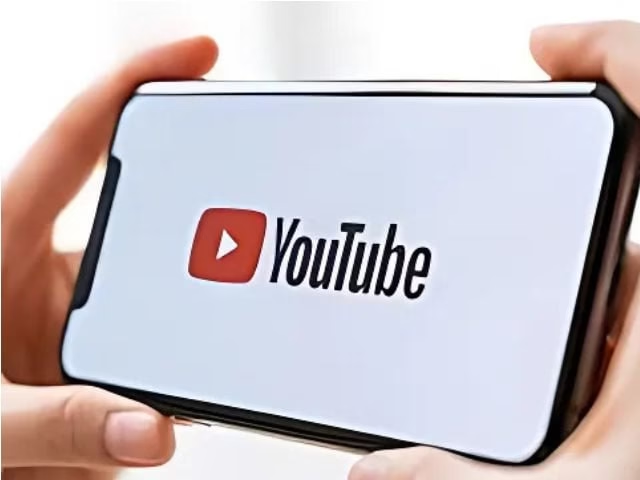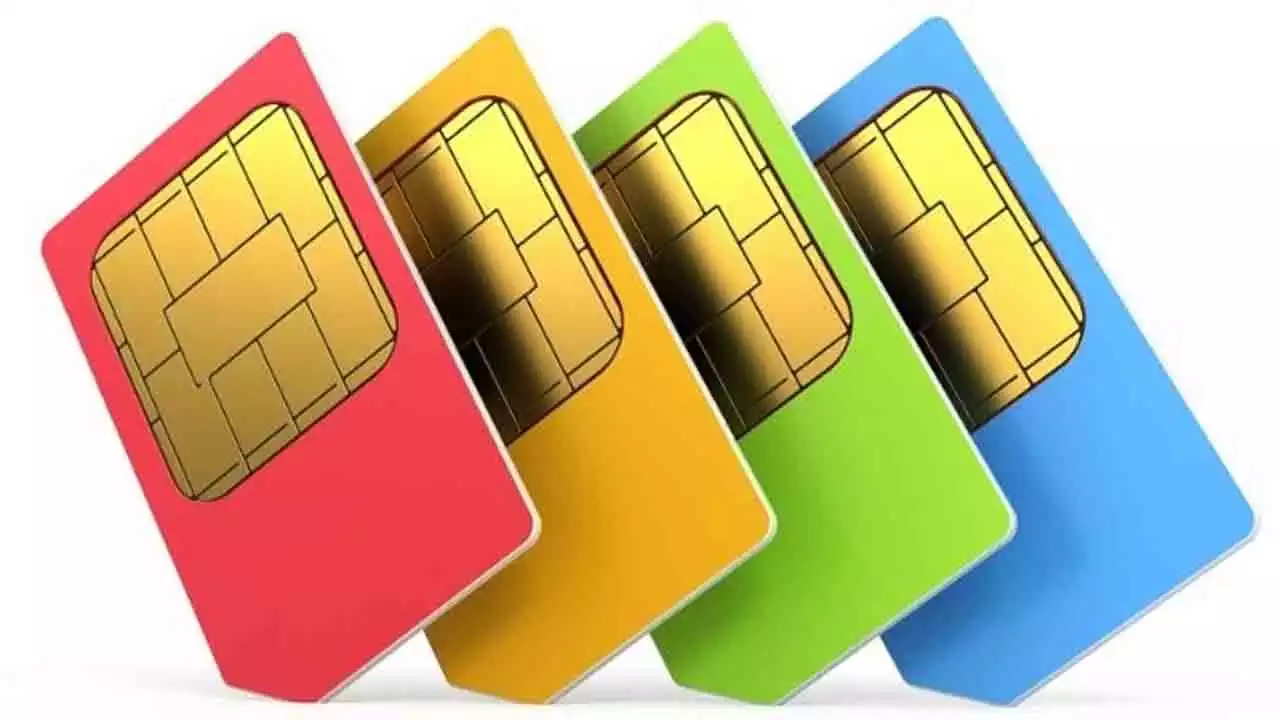YouTube is under fire for its increasingly aggressive crackdown on ad-blocker users, forcing many to endure unskippable ads lasting hours in an attempt to curb ad revenue losses. The platform, which offers a free ad-supported version, has now escalated its measures, allegedly serving ads up to 90 hours long to users trying to bypass advertisements.
This extreme approach has sparked outrage across the internet, with users sharing screenshots of absurdly long ads and accusing YouTube of coercing viewers into subscribing to YouTube Premium. While Google claims that standard ad lengths remain between 15 seconds (mobile) and 60 seconds (TV), some Reddit users have reported seeing ads stretching nearly three hours before a video less than 50 minutes long.
Are 90-Hour Ads Real or a Glitch?
The claim of 90-hour ads remains unverified, but reports of multi-hour unskippable ads are widespread. Some believe it to be a bug, while others see it as an intentional move to discourage ad-blocking.
Google has acknowledged the issue, confirming that longer ads are a direct response to users attempting to bypass standard ads through:
Ad-blocker extensions
Modified YouTube apps like Vanced
Location proxies
This aggressive stance aligns with YouTube’s long-standing battle against ad-blockers, where the company has previously introduced pop-up warnings, playback restrictions, and even blocked videos for users refusing to disable ad-blocking tools.
YouTube’s Justification: Pay or Watch Ads
While the controversy grows, Google stands by its decision, reinforcing its stance that users must either watch ads or pay for an ad-free experience via YouTube Premium.
This move is not entirely unexpected. In 2023 and 2024, YouTube experimented with anti-ad-blocker warnings, preventing video playback for users who refused to comply. Now, by increasing ad lengths dramatically, YouTube is attempting to make ad-blocking so unbearable that users either stop using ad-blockers or subscribe to Premium.
User Reactions: YouTube Has Gone Too Far
Social media platforms, particularly Reddit and Twitter (X), have exploded with criticism. Many users feel betrayed, arguing that YouTube has transformed from a free-content platform into a pay-to-watch service disguised as “optional Premium.”
A Reddit user shared their experience, posting a screenshot of an ad that lasted 2 hours and 52 minutes before a 49-minute video.
Twitter users are calling YouTube’s tactics “the worst monetization strategy ever”, accusing Google of destroying user experience in favor of profits.
Many long-time YouTube fans argue that this shift defeats the purpose of free content, pushing users toward alternative platforms or pirated content.
Is YouTube’s Strategy Backfiring?
Instead of encouraging users to embrace YouTube Premium, this drastic ad strategy might be driving users away. Here’s why:
Rise of Competitors: Platforms like TikTok, Rumble, and DailyMotion could see a surge in users tired of YouTube’s tactics.
More Ad Blockers: Tech-savvy users may find new ways to bypass ads, making YouTube’s battle harder.
Negative Publicity: The backlash could damage Google’s reputation, leading to a decline in user trust.
Despite this, YouTube remains the world’s largest video platform, and Google appears confident that Premium subscriptions will increase due to these policies.
What’s Next for YouTube Viewers?
If you’re a free-tier user, expect even more aggressive ad policies in the future. YouTube has the ability to:
Pause video playback entirely for ad-blocker users
Increase ad duration even further
Reduce the number of skippable ads
For many, this forces a difficult choice:
Pay for YouTube Premium ($13.99/month)
Sit through extremely long ads
Leave the platform for good
Is YouTube Ruining the Free Experience?
YouTube’s crackdown on ad-blockers has sparked a major debate on digital freedom and monetization. While ads support free content, the recent escalation in ad durations feels more like a punishment than a business model.
Whether this strategy will succeed or push users away remains to be seen. But one thing is clear: YouTube is changing forever, and not everyone is happy about it.



